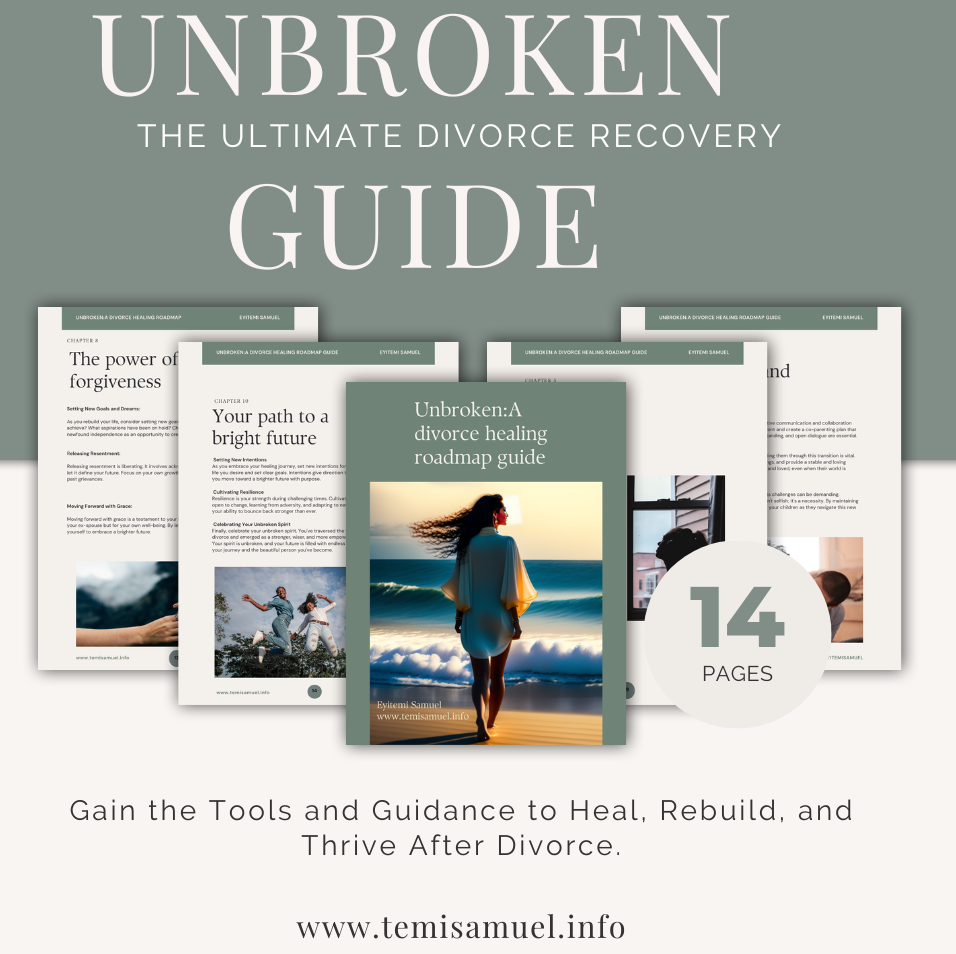

You lie in bed, staring at the ceiling at 2 AM, and hoping to sleep. It can feel like an endless battle of mind and body. This leaves you exhausted, frustrated, and even a little hopeless.
The thing is, healing your relationship with sleep doesn’t mean chasing it down and forcing it to happen. But rather, Rebuilding trust with your body, rethinking your thought process, and making little, impactful changes to put you in position for a good night’s rest.
This article will help you out in finding your connection with sleep, different techniques to heal your fear and small lifestyle habits to get better sleep.
Healing The Fear Of Sleeplessness
One of the biggest hurdles to good relationship with sleep? The fear of not getting it.
The more you stress about being tired the next day, the more difficult it is to drift off. That is a vicious cycle turning to war over bedtime.
You can heal from this. Instead of letting the night scare you, take it as a chance to rest and recharge without worrying about the next day.
The fear of not having a good relationship with sleep can actually make insomnia worse, creating a frustrating loop. In such serious cases, medical support can help ease that fear.
You can consult a healthcare provider for different treatment approaches. Or you can look for different platforms like Klarity Health offer accessible solutions to help you understand your connection with sleep struggles and find the right treatment path.
The first step to better rest is knowing that support is available.
Reframing Your Mindset Around Rest And Recovery
We tend to focus so much on sleep that we forget the value of simple rest.
If you’re not asleep, lying in bed under these conditions will still help your body recover. Rather than being consumed thinking about the hours you sleep, reframe the way you view rest.
The interesting fact is even when you are still, your body is working for you. So, a good way to make peace with your relationship with sleep is to create a wind-down routine that signals to your brain that it’s time to relax.
That could be dimming the lights, reading a book, or practising gentle breathing exercises.
It’s not about you trying to fall asleep straight away but making you feel a little snoozer.
Why Self-Compassion Is Key To Overcoming Insomnia
Beating yourself up over sleepless nights? That’s only making things worse.
Insomniacs often find themselves engaging in a cycle of self-criticism, blaming themselves for ‘failing’ to sleep as if this were a switch that could be flipped.
However, a truth worth hanging onto is that finding connection with sleep isn’t a telltale that something is wrong with you.
Treat yourself with the same kindness you would offer a friend who’s going through a tough time.
Acknowledge the rough night, but don’t dwell on it. Then, your body is striving for balance every night; each morning is a new start.
How To Let Go Of The Pressure To “Force” Sleep
The harder you try to sleep, the less likely it is to happen.
Our brains have a cruel trick: When we need something badly, the stress of wanting it propels it away.
Alternatively, if you are lying in bed stressing all hours of the night over how much time, in fact you have left before the clock strikes twelve, so, you could try this:
- Get out of bed and do something relaxing, like reading or listening to calming music.
- Do not look at the clock because it will put pressure on you.
- Focus on breathing deeply and letting go of trying to control the situation.
If sleepless nights become a regular pattern, some people turn to therapists for short-term relief.
Multiple options are available like mindfulness practices, different mental therapies and various medications.
Nowadays, medication options like an Ambien prescription online can help reset sleep patterns when used responsibly under medical supervision. But, of course, medication should be part of a wider plan, including lifestyle changes and mindfulness.
Small Daily Changes That Lead To Long-Term Sleep Improvements
Small changes can make a big difference if it comes to perfect connection with sleep, but there’s no magic switch. These habits can be tried but try to incorporate these habits into your routine.
- Stick to a consistent sleep schedule, even on weekends
- Avoid the screen 15 minutes before bed—blue light cues your brain that it is not yet nighttime.
- Live caffeine-free in the afternoon (including that 4 PM tea)!
- Cool down and darken your bedroom, and keep it quiet.
None of these will cure insomnia overnight, but over time, they help create a foundation for more restful nights.
Final Thoughts
The process for rebuilding your relationship with sleep isn’t quick fixes and overnight change.
Rest, hands down, is all about patience, self-compassion, and creating an environment where rest can naturally happen.
Sleep doesn’t have to be the enemy. With the right mindset and approach, you can move from chaotic, restless nights to peaceful, restorative sleep.
Stay happy!
RELATED POSTS
Is Emotional Dumping Hurting Your Relationships? Find Out How


